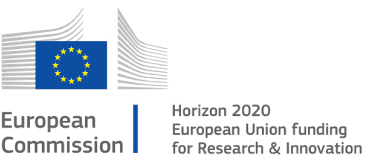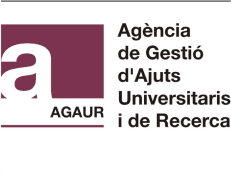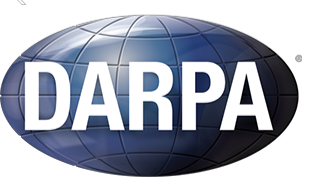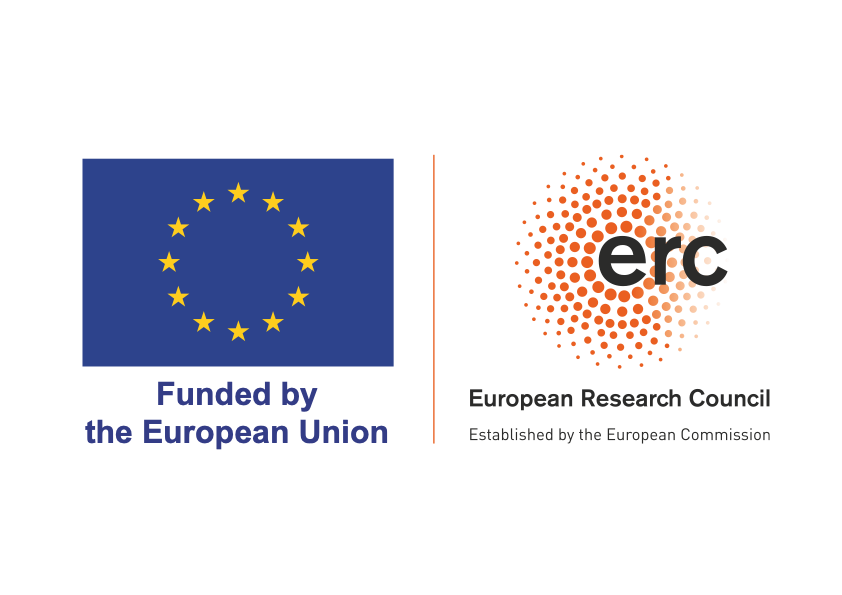Research
Mammalian genome editing
1. Mammalian gene writing and gene therapy technologies
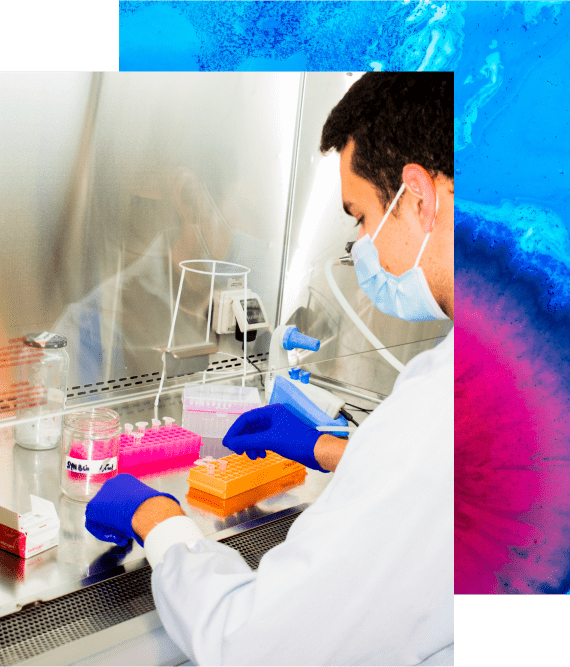
We are working on new principles to write long messages into genomes.
- Gene writing
- Novel CRISPR systems
- Directed evolution

2. Engineering viral systems to generate new writers and delivery systems
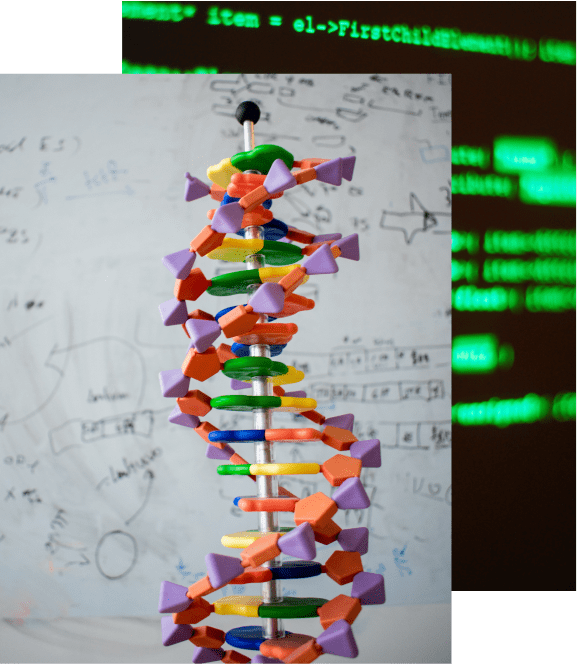
We are building the next generation of writing and delivering DNA.
- Novel precise ex vivo and in vivo gene writers
- Targeted in vivo delivery
Microbiome engineering
1. Human microbiome engineering
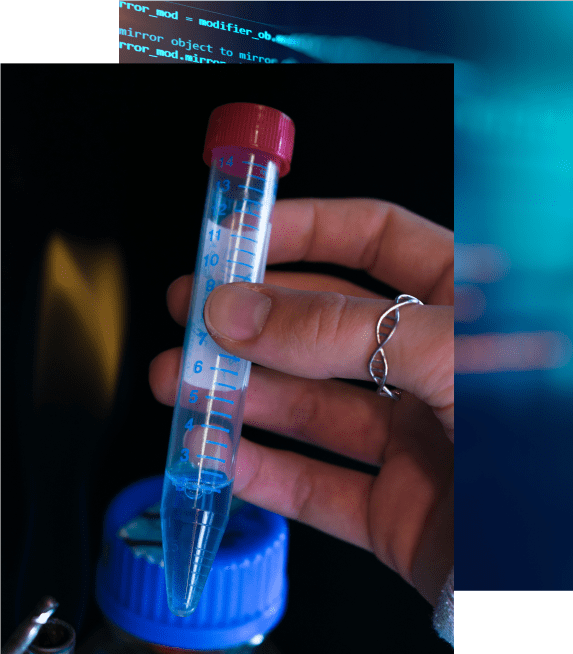
Our lab is focused on the development of new skin microbiome technologies.
The skin is the largest organ of the human body and is home to millions of microbes. Using diverse tools from genomics and synthetic biology, we seek to engineer the natural adaptability of these microbes. Our approach is to develop biological devices (”biodevices”) able to act as smart drug-delivery systems upon the sensing of relevant skin molecules like pro-inflammatory markers, among others. Our interests span from common acne to chronic inflammatory disorders like Atopic Dermatitis (AD). Specifically, we use Cutibacterium acnes as a stable and robust chassis for synthetic biology in the skin using a wide range of techniques from classic genomics and transcriptomics to cell-free systems and phage engineering.

2. Environmental microbiome engineering
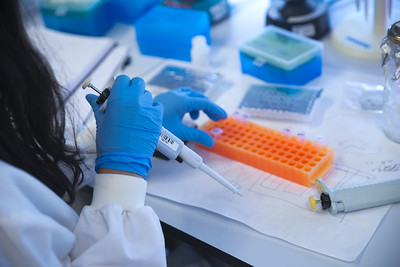
We are engineering marine communities with antifouling capacities
We work with The Defense Advanced Research Project Agency (DARPA) in a project entitled ECO-COATING – Engineering Control of Organic Coatings on Autonomous Navy Gliders. The project brings together a multidisciplinary team of experts from various fields and we collaborate with renowned universities, including Clemson, UESSEX, UCPH and Duke. Our mission is to combat the persistent challenge of marine biofouling by pioneering a natural and sustainable solution. Marine biofouling, the accumulation of unwanted organisms on submerged surfaces, hinders the performance of unmanned underwater vehicles (UUVs)/gliders. This leads to increased drag, reduced maneuverability, and higher operational costs. Traditional anti-fouling measures have limitations, often causing environmental harm and proving ineffective over extended periods. Through the ECO-COATING project, we envision a groundbreaking approach: instead of eradicating biofilms, we aim to harness nature’s potential by reconfiguring problematic biofilms into beneficial ones. By designing and cultivating communities of marine microbes, we will create smooth, stable biofilms that actively reduce drag on UUVs/gliders over the course of 6 months of operation. We do believe that our collaborative efforts will ensure a comprehensive and holistic solution to the biofouling challenge.




